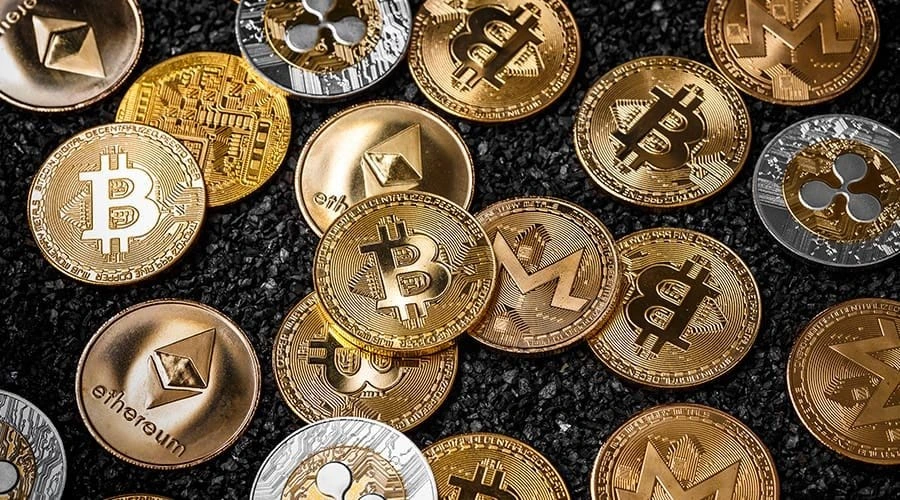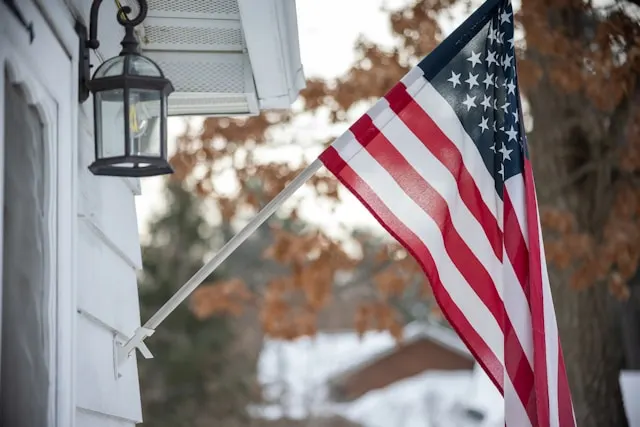PROTECT YOUR DNA WITH QUANTUM TECHNOLOGY
Orgo-Life the new way to the future Advertising by AdpathwayA new study from the University of Reading, using official Brazilian census and election data from 1994 to 2018, shows how the fast growth of evangelical Christians is changing Brazil’s politics and economy.
Evangelicals have grown from about 5% of the population in the 1960s to about 35% today, and experts expect them to become the country’s largest religious group by 2040.
The study found that as more evangelical churches open in a city, fewer people go out to vote. For every big jump in the number of churches, voter turnout drops by about 1.8 percentage points.
This goes against what many expected, since in some countries, more religious activity usually means more people vote. The research also shows that cities with more evangelical churches are becoming more conservative, especially since 2012.
The data point to a 17% shift to the right in these areas. However, the study did not find that this growth made politics more divided or increased fights between political parties.
 Brazil’s Evangelical Surge Reduces Voting and Boosts Conservative Influence. (Photo Internet reproduction)
Brazil’s Evangelical Surge Reduces Voting and Boosts Conservative Influence. (Photo Internet reproduction)Evangelicals now play a big part in shaping Brazil’s laws and public debates. Many evangelical leaders talk about faith and economic success together, telling people that belief can lead to a better life.
This message appeals to many Brazilians who want both spiritual support and a chance to improve their finances. The Prosperity Gospel, which links faith and wealth, has become very popular.
Evangelical Rise Reshapes Brazil’s Politics and Economy
Evangelical politicians and media groups have become powerful. The Evangelical Parliamentary Front, with 244 members, is now one of the largest groups in Brazil’s Congress.
These lawmakers often support conservative and pro-business policies. Former President Jair Bolsonaro’s campaign in 2018 focused on evangelical voters, using religious and patriotic language to win their support.
This rise in evangelical power has also challenged Brazil’s tradition of keeping religion and government separate. Some evangelical groups now use their influence to push for new laws and policies.
This sometimes causes tension with the country’s principles of religious freedom and government neutrality. As evangelicals continue to grow in numbers and influence, they are likely to shape Brazil’s economy and politics even more.
Their focus on personal success and free-market ideas could affect future government decisions about jobs, business, and social programs.


 1 week ago
5
1 week ago
5










 English (US) ·
English (US) ·  French (CA) ·
French (CA) ·  French (FR) ·
French (FR) ·